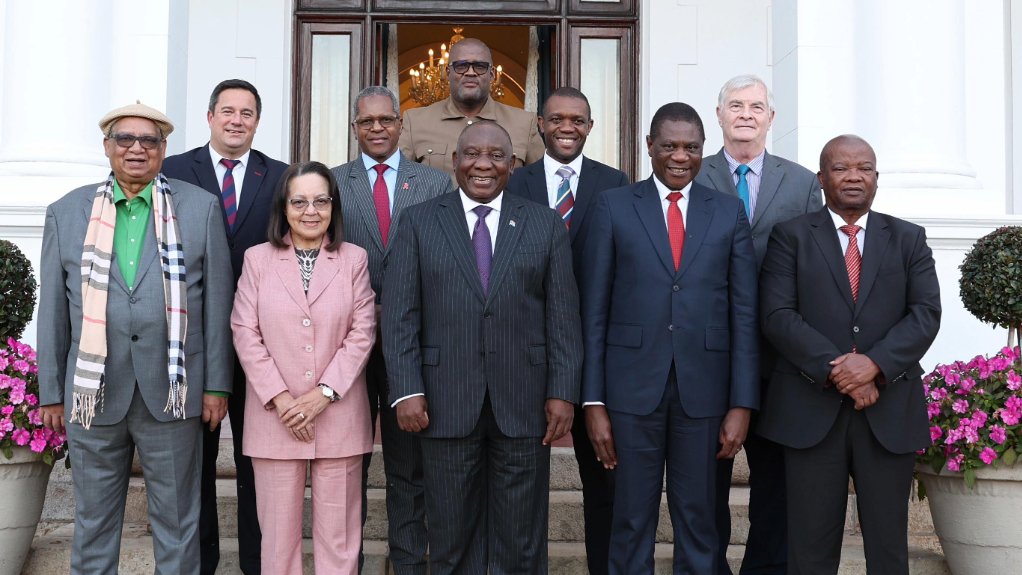- In Service of the Public: Reforming South Africa’s Public Administration7.57 MB
The South African Institute of Race Relations (IRR) warned on Tuesday that South Africa’s public service is in a critical condition, characterised by a lack of professionalism and rampant political interference, but noted the potential of the Government of National Unity (GNU) to be a game changer.
South Africa’s poorly functioning public service had led to a decline in service delivery and an increase in corruption and inefficiency, the IRR said.
Speaking during the launch of the IRR’s paper on South Africa’s public service, IRR project manager Terence Corrigan said the GNU had the potential to be a major game changer in the country, noting that the dominance of the African National Congress (ANC) had crashed, adding that he did not see it coming back.
“…more remarkable though was the Democratic Alliance and the ANC sharing the government podium; now I am sure this needs no further comment, that this is a very difficult relationship,” he said.
He highlighted that one thing both parties seemed to agree on was the need for a better-quality administration through the creation of a professional, merit-based public service that prioritised the needs of all citizens and addressed governance issues.
The IRR paper on South Africa’s public service, discusses the State and challenges with South Africa's public service, emphasising the need for reform and a merit-based, non-partisan approach to governance in the context of a coalition government.
It notes that public servants have often ignored formal work mandates and pursued personal or political goals.
“The central failing is the ineffective institutionalisation of the public service. Political formations and criminal networks have infiltrated public service operations. Long-standing staff may prioritise loyalty to criminal syndicates over public service duties,” it pointed out.
Corrigan explained that these issues had persisted through various administrations, culminating in a crisis of governance.
The IRR paper points to reports as far back as 2009 and 2012, which highlighted critical shortcomings in local governance and the need for a capable State.
The National Development Plan emphasised the importance of insulating the public service from political interference, noting that by the end of former President Jacob Zuma’s presidency, there was widespread recognition of the public service's inadequacies.
Free Speech Union South Africa MD Sara Gon said that to address the issues within the public service, a multi-faceted reform approach was necessary, focusing on depoliticisation, operational control, and enhancing capacity, saying cadre deployment had been an enemy in this respect during ANC presidencies.
She pointed out that reforms should target political and policy-related roots, operational control, and capacity enhancement.
“Key areas include depoliticising the public service, improving leadership and management, and enhancing recruitment and training. The public service must be reoriented to fulfil a developmental role in society,” said Gon.
She noted that the politicisation of the civil service through cadre deployment must be decisively addressed to restore professionalism and meritocracy.
“Cadre deployment lacks constitutional justification and should be completely abandoned. The Public Service Commission should regain its authority to oversee public service operations. A cultural shift is needed to view the State as a public trust rather than a political prize,” she explained.
She highlighted that effective leadership and management were crucial for improving the public service, focusing on accountability and employee engagement.
EMAIL THIS ARTICLE SAVE THIS ARTICLE ARTICLE ENQUIRY FEEDBACK
To subscribe email subscriptions@creamermedia.co.za or click here
To advertise email advertising@creamermedia.co.za or click here











